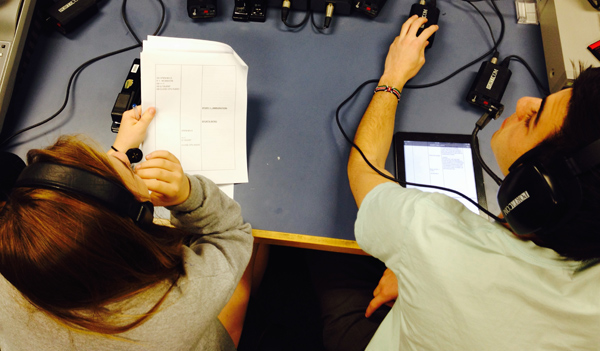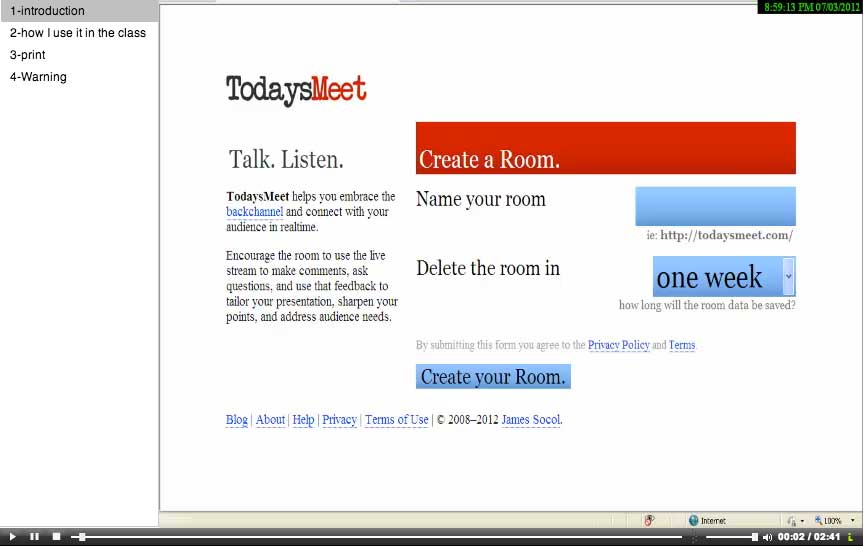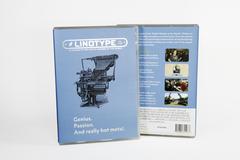Why Writing Is The Most Important Skill For Broadcast Journalists
We often assume that videography is the key element of broadcast journalism because it’s literally in your face. But in fact, it’s writing that is at the heart of a great broadcast story.
Think about it: words are in the voice over, the soundbites that are selected (and the carefully composed questions that will give you good soundbites), and the introductions that anchors provide the stories when they air. Broadcast journalists must organize and structure these words just like print journalists, and struggle with many of the same challenges.
A poorly written script is boring or confusing at best, and downright inaccurate at worst.

I find that writing is the hardest aspect to teach my students, and that videography, sound and editing are easier to master. I think it’s the hardest because the soundbites, facts and ethical questions are always different for each story, and require a completely new approach every time. Setting focus and white balance are always the same.
But we really do know, intuitively, that writing is the most important element of broadcast. Because in addition to text, we also write with images and sounds, which require their own unique vocabulary and rules of grammar. We organize these “words” with editing, and even decide on the pace at which our “readers” will get that information and see those shots.
The challenge, then, is to help our students become “three-dimensional” writers: those that can confidently “write” with all three elements of broadcast—text, image, and sound—and have them reinforce and enhance each other rather than just being layered on top of one another.
While there are a lot of suggestions and tips on this site for videography and sound, here are some of my suggestions to help your students become better writers of text and to learn how to integrate those words with video and audio.
To become a better writer, you’ve got to “read” a lot. Have students analyze professional work on a regular basis, paying attention to unique phrasing and story structure. Identify some of the most original phrasing and use of adjectives.
Do a teardown. Take a broadcast story (TV or Radio) and read the transcripts to see what the words look like in paragraph form. Then play the completed piece to see where the NATS and soundbites are placed, and how the voiceover is written to introduce or compliment those elements.
Back to Basics. Take the facts and soundbites from a professional broadcast story. Mix up these facts, and add others. Have the students write a new VO script based on this fact sheet, and then read them aloud and critique them. Which parts of these new scripts are similar? How are they different? Who’s is most original? Then play the professional story and compare the student work against the pros.
“There is no such thing as ‘creative writing’ as a unique genre,” my college English professor used to say. “All writing is creative.” Watch examples with unusual, fresh writing for inspiration. Challenge your staff to come up with new phrasing and story structure for each news package and reward them for originality and developing creative writing techniques–perhaps even include it in your evaluation process.
Read this article for more tips on writing for broadcast.
What are your suggestions for improving broadcast news writing? Have an example of a unique, original broadest story? Share your ideas in the comments area below.






Pingback:Thursday Tips August 27, 2015 | Missouri Interscholastic Press Association